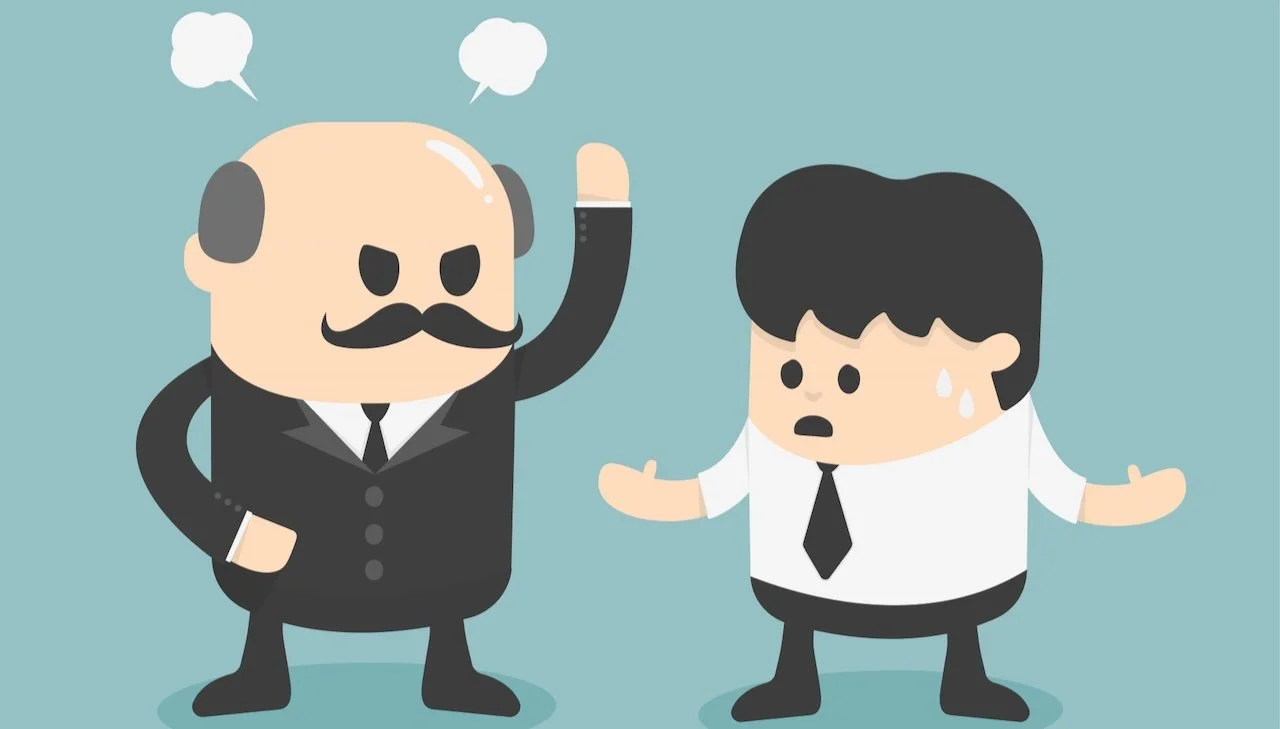How to Spot a Fool on Your Team And What to Do About It
More than thirty years ago a guy I'll call Frank was my boss. Frank was about ten years older than me, and was extremely well liked in the organization. He actually was fun to be around most of the time.
But working for Frank was not great. He was extremely concerned about how he was perceived, didn't want any input or feedback, and got angry if you questioned a decision or direction. If something went wrong, he found others to blame, and painted himself as a victim. Everyone else was the problem in Frank's mind, and his list of people who were incompetent or against him grew daily.
Have you ever worked for or with someone like this? You tried to coach them, or help them see how they were coming across to others, but they didn't seem to hear you?
Henry Cloud, in his book Necessary Endings, says there are wise people and foolish people, and they are determined by how they accept feedback:
Wise People - when truth presents itself, the wise person sees the light, takes it in, and makes adjustments.
Foolish People - the fool tries to adjust the truth so he does not have to adjust to it.
You've all met the fool. They may be fun to work with at times, but ultimately they suck the life out of the team because of the way they respond to feedback. When a fool runs an organization, people just stop trying to offer feedback, as they know it's futile.
Recognizing the Traits of a Foolish Person
In his book, Cloud offers a list that will help you identify a fool on your team. I offer an abridged version here:
When given feedback, they are defensive and immediately come back at you with a reason why it is not their fault.
When a mistake is made, they externalize the mistake and blame someone else.
Unlike the wise person, with whom talking through issues strengthens your relationships, with the foolish person, attempts to talk about problems create conflict, alienation, or a breach in the relationship.
The fool immediately shifts the blame to you as they "shoot the messenger" and somehow make it your fault.
Their emotional response has nothing to do with remorse; instead they get angry at you with such lines as, "You never think I do anything right," or "How could you bring this up after all I have done?"
They have little or no awareness for the pain or frustration they are causing others or the mission. They are oblivious to the collateral damage they are causing.
They see themselves as the victim, and see people who confront them as persecutors for pointing out the problem.
Their world is divided into the good guys and the bad guys. The good ones are the ones who agree with them and see them as good, and the bad ones are the ones who don't think that they are perfect.
If a foolish person works for you, and you are still holding out hope that they will change--let it go. In his book, Cloud says,
The necessary ending that you have to initiate with people caught in their own foolishness is to end the pattern...Talking will not help, but doing something that causes them to feel the consequences of their behavior may be what finally turns them around.
And if you work for a fool--you probably need to find a different job. They likely aren't going to change, and you are going to continue to hit your head against the wall thinking differently. Proverbs 18:2 says it this way:
"A fool takes no pleasure in understanding, but only in expressing his opinion."
I understand that in church we exist to see people’s hearts change. But I wonder if holding out hope that a foolish person will change is in itself foolish? Especially if they are receiving a paycheck or representing our organization to others.
It may be time to let them go.

